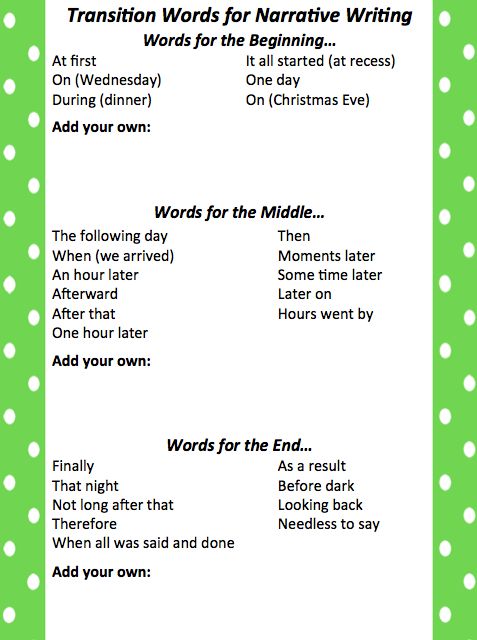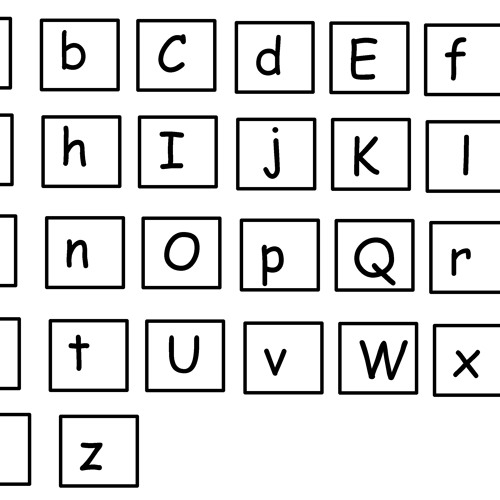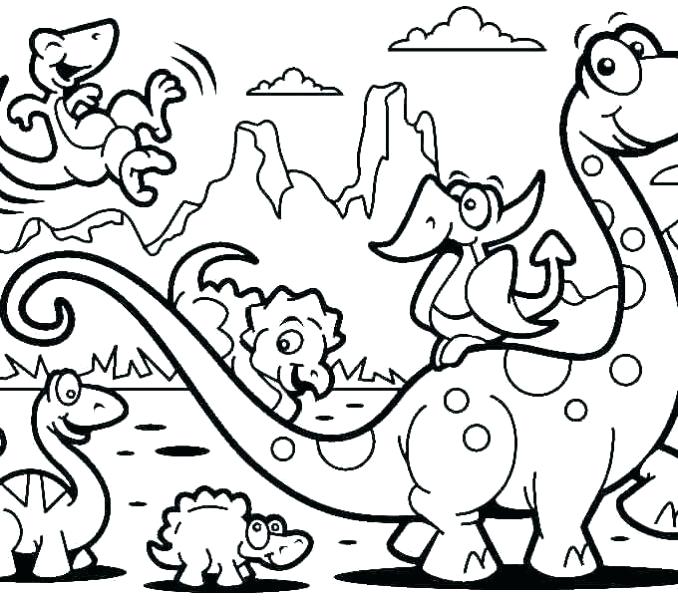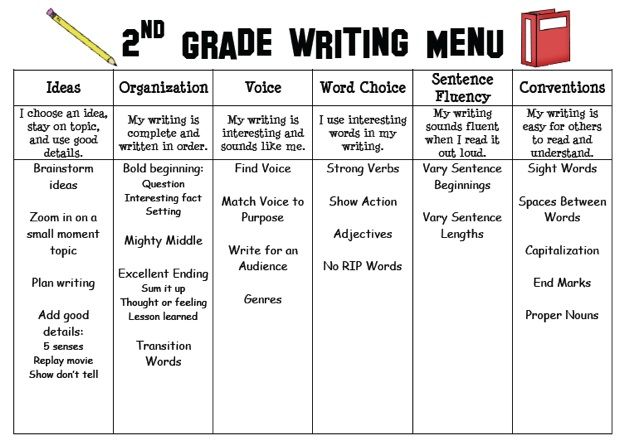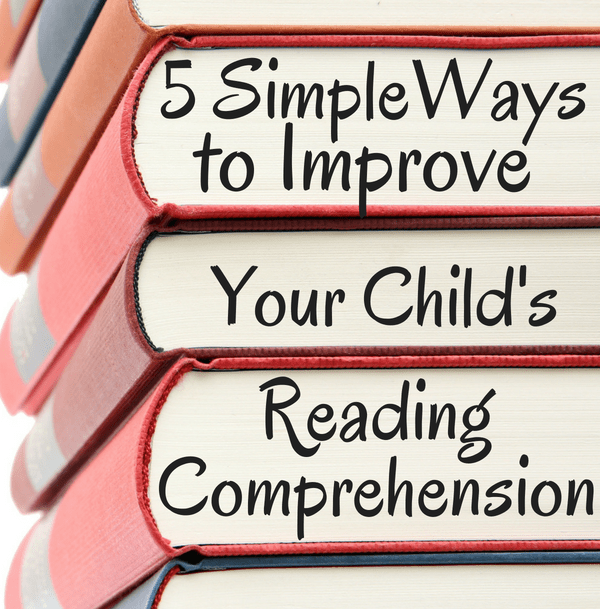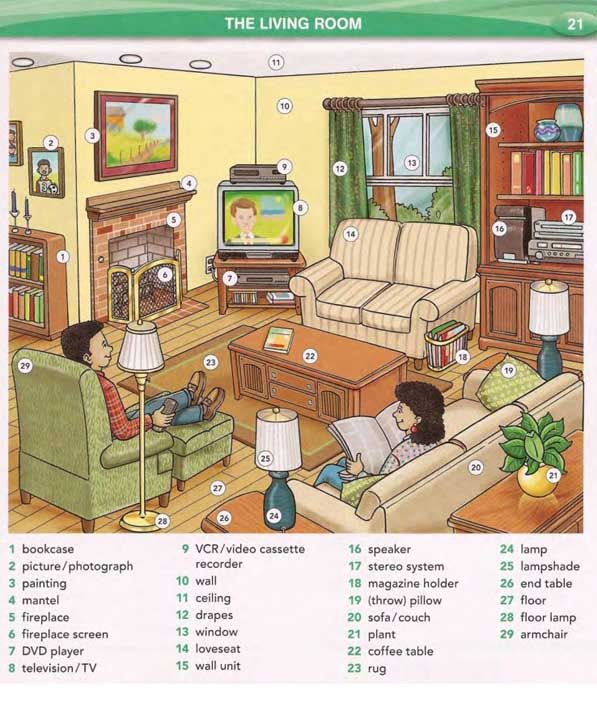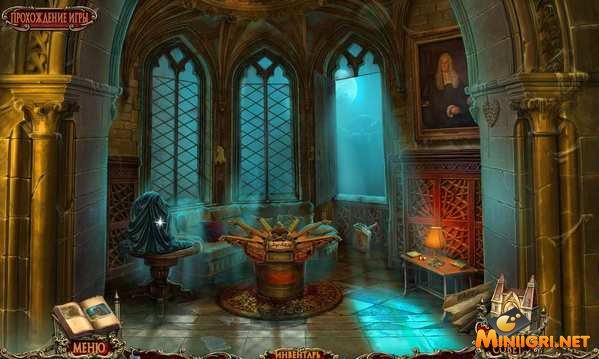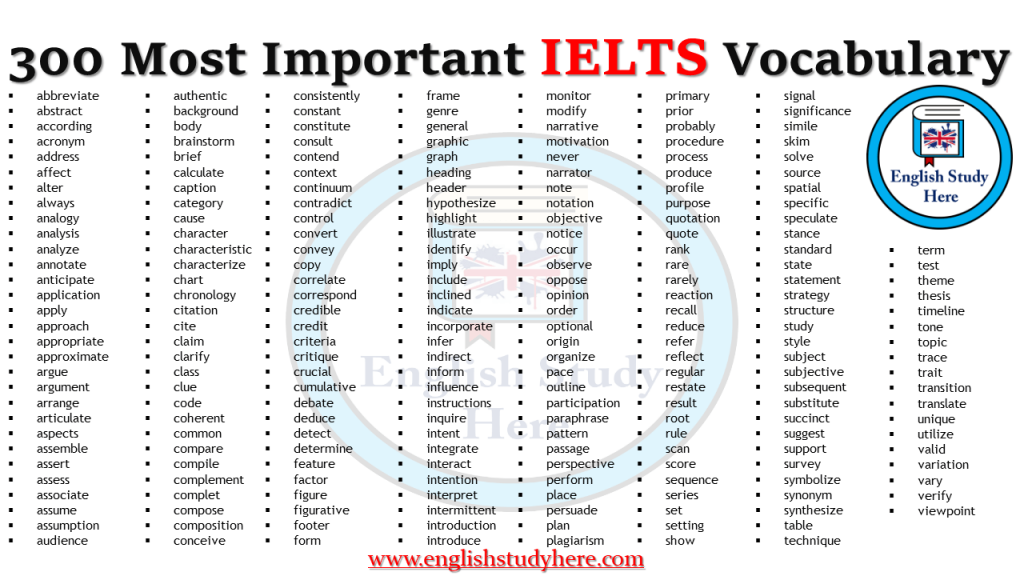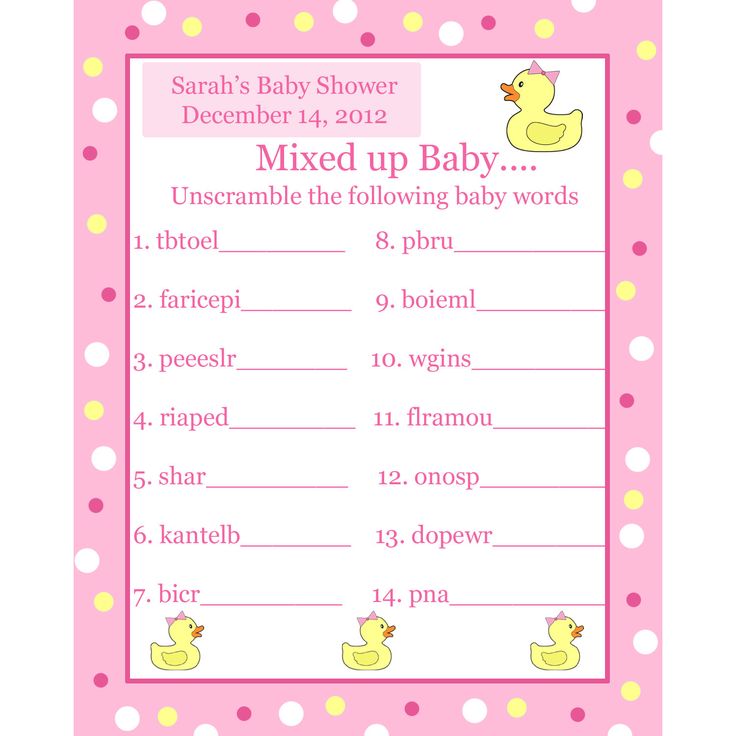4 5 word sentences
English sentence-bank: 5-word sentences (511)
2014.07.29. 02:35 aforizmágus
- I will wait for you.
- Will they go with you?
- It was an apple pie.
- Which one do you like?
- How did you get here?
- Will she go with you?
- I have a nice home.
- She bought one of each.
- It is his or hers.
- She went up the hill.
- I will do it tomorrow.
- She had a good time.
- It was good but sweet.
- Which one does she like?
- How did they get there?
- It was her apple pie.
- I would like to go.
- They make a good pair.
- I had a good time.
- Will you look at that?
- He may go to school.
- They will write to you.
- We will go with them.
- I have no treats today.
- It was my first visit.
- I am older than you.
- I have been here before.
- The oil is very light.
- It's not mine it's hers.
- Did you find the dog?
- The water was very blue.
- They will write to you.
- Who are you going with?
- I don't know the way.
- The people waited in line.
- What is your phone number?
- He is twenty years old.
- Please don't point at me.
- Are you talking about us?
- I found ten dollars today.
- Most people sleep at night.
- Come over to our house.
- Does the music sound good?
- Which way did they go?
- Their house is very big.
- We have many good friends.
- The car belongs to them.
- Would you like a cookie?
- Some people like spicy food.
- Will you go with me?
- I will see him tomorrow.
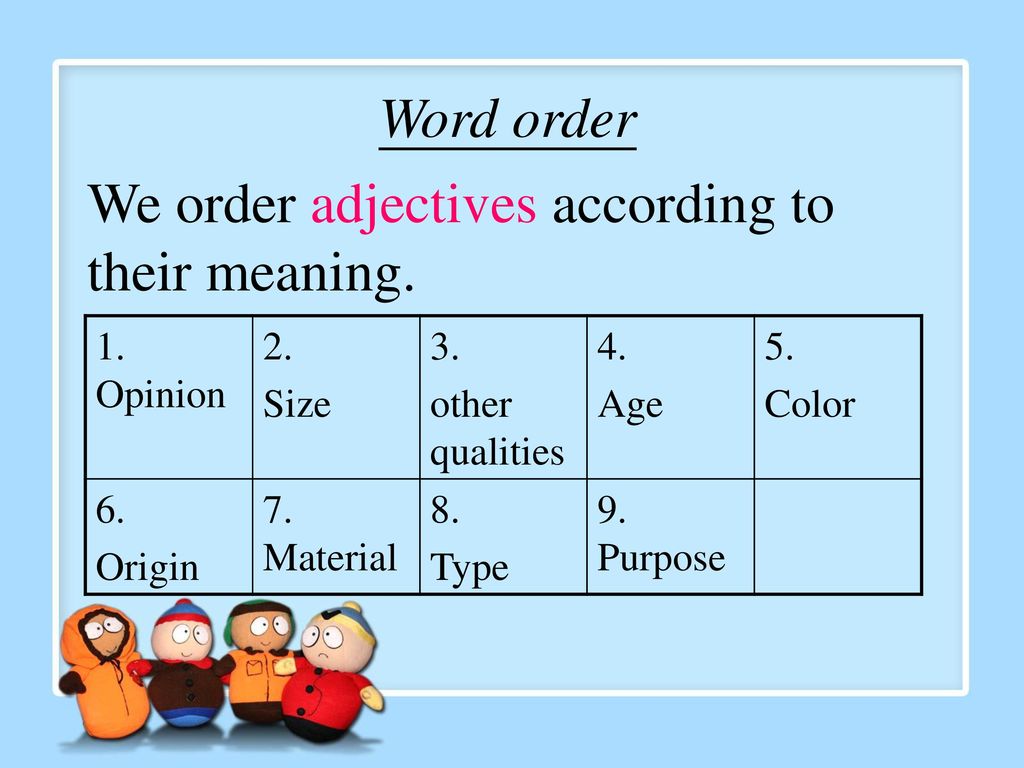
- That computer may not work.
- Who is your favourite singer?
- Has anybody called me today?
- Did you get the pictures?
- The water is very cold.
- They are very nice people.
- It was a fun game.
- He is a good actor.
- Would you like a banana?
- That bird is flying high.
- That was a close one.
- I live in the city.
- That was a nice thought.
- This place is always open.
- I heard what they said.
- Four hours have passed by.
- The baby pulled my hair.
- Be careful not to fall.
- Do you like to travel?
- You have a nice dog.
- I will place an order.
- Have you ever been there?
- She doesn't have any money.
- They cried at the funeral.
- The colour is very bright.
- She can sing very well.

- He can draw very well!
- He carried it by himself.
- Please look at the map.
- Let's eat at the table.
- Are you certain about that?
- I like my new look.
- That is a big meal!
- I have a small appetite.
- We drove through a tunnel.
- They asked for a story.
- I went to class today.
- You got here very quickly.
- That was a nice surprise!
- I care about my family!
- I feel very good today.
- Do you know that person?
- The dog ran very fast.
- I have a common name.
- Let's go the the park.
- Some material is very warm.
- My bed is very comfortable.
- I already have that one.
- The sun is very bright.
- You are quite the actor!
- That's a very small village.
- Let's roll down the hill.

- What language do you speak?
- That dress was very expensive.
- I gave him a letter.
- I have nothing to say.
- Today is a special day.
- I wrote him a letter.
- You can't break the law.
- I come from the east.
- A circle is perfectly round.
- The house is burning down.
- There are many different symbols.
- I fell on the ground.
- Maybe I will go home.
- He shouted out to me.
- Look at that big cloud.
- I am a grown woman.
- I have very sensitive skin.
- 16 was my favourite age.
- My family is very poor.
- It was hot last summer.
- I cannot help you now.
- The item is half price.
- What is in the box?
- That was a good dinner.
- What course are you taking?
- Please go back to sleep!
- Look at all that soil!
- That bear is really big.

- That is a neat method!
- That's a very big boat!
- I will clean the bathroom.
- My dog likes his ball.
- I am ready for anything.
- I like to play outside.
- Do you like my hair?
- I love my chocolate milk.
- That is a beautiful flower.
- My favourite colour is blue.
- She is a nice teacher.
- She said she will return.
- You picked the right one.
- What subject are you taking?
- Please write a full paragraph.
- How much is the bill?
- She can make a difference.
- I will probably help him.
- Winter in Ontario is cold.
- Can you read the sign?
- She is very wild hearted.
- We raised our child together.
- That is a simple question.
- Love is a strong emotion.
- That is a long drop.
- You need legs to walk.
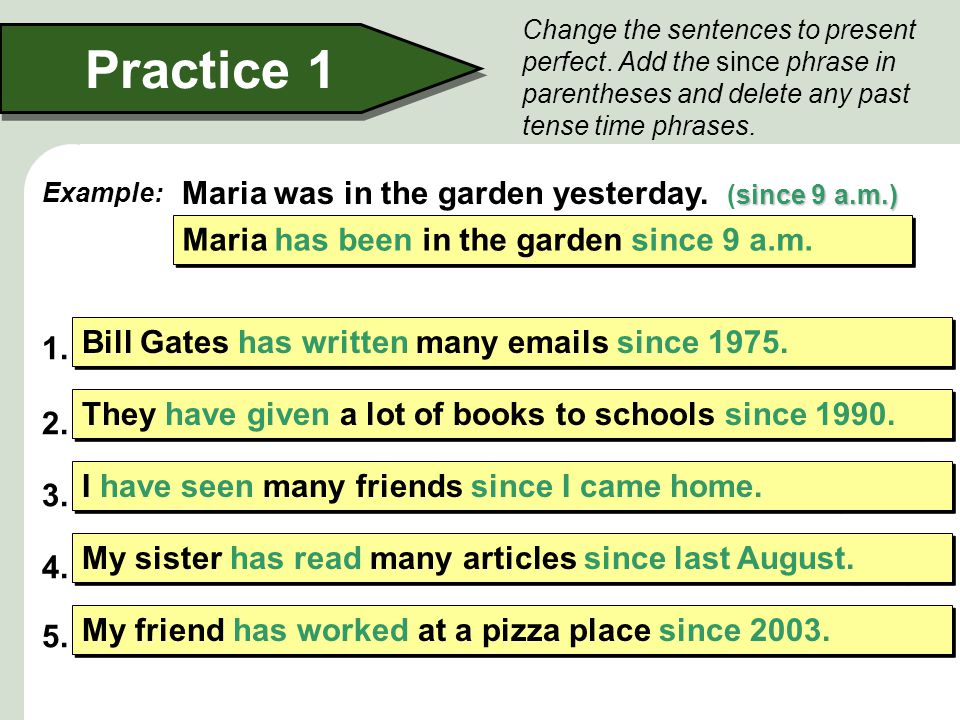
- I kept this for you.
- Please use the main doors.
- Do you remember your past?
- What's your favourite record.
- What's your third favourite hobby?
- Can you describe that please?
- Would you like to dance?
- Your hair feels really soft.
- Are you able to drive?
- It's not nice to lie!
- That is very exciting news!
- Your music is very loud.
- This is a new rhythm.
- I really love my meat!
- I printed out three copies.
- He always buys fresh fruit.
- The workers are very healthy.
- I bought my car yesterday.
- Whose turn is it to deal?
- Will you consider my idea?
- I only have ten dollars.
- He arrived late for work.
- What level are you at?
- What was your final score?
- They entered the room together!
- My mother lives in Washington.
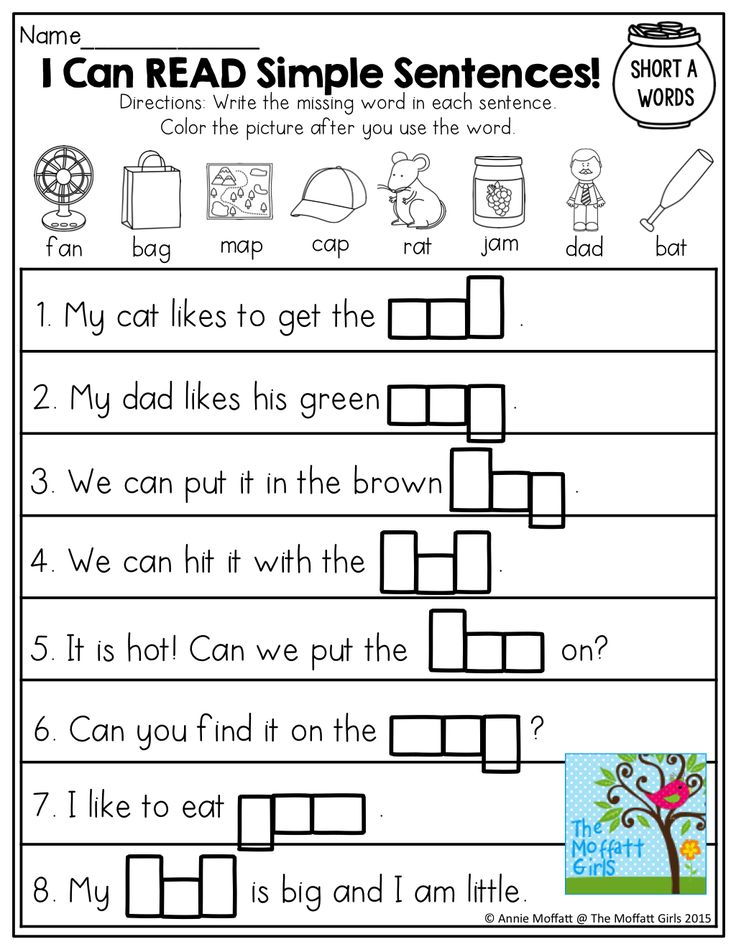
- Weather conditions are getting bad.
- We lifted many boxes today.
- I need an electric stove.
- The food is all mine.
- Science class is quite interesting.
- I think insects are disgusting!
- That is a compound word.
- What do you major in?
- Look at all the cattle.
- I love your cheese spread!
- I repeated myself three times.
- Did she read the column?
- We need oxygen to breathe.
- A triangle has three sides.
- How difficult can it be?
- An adjective describes a noun.
- My best friend is Greek.
- The cows are very big.
- Have a good day, sir.
- Is that a fig leaf?
- Those two words are similar.
- Give me all the details.
- What is the total bill?
- Let's run around the track.
- Who is your family doctor?
- How does your friend cook?
- That's a very modern kitchen.
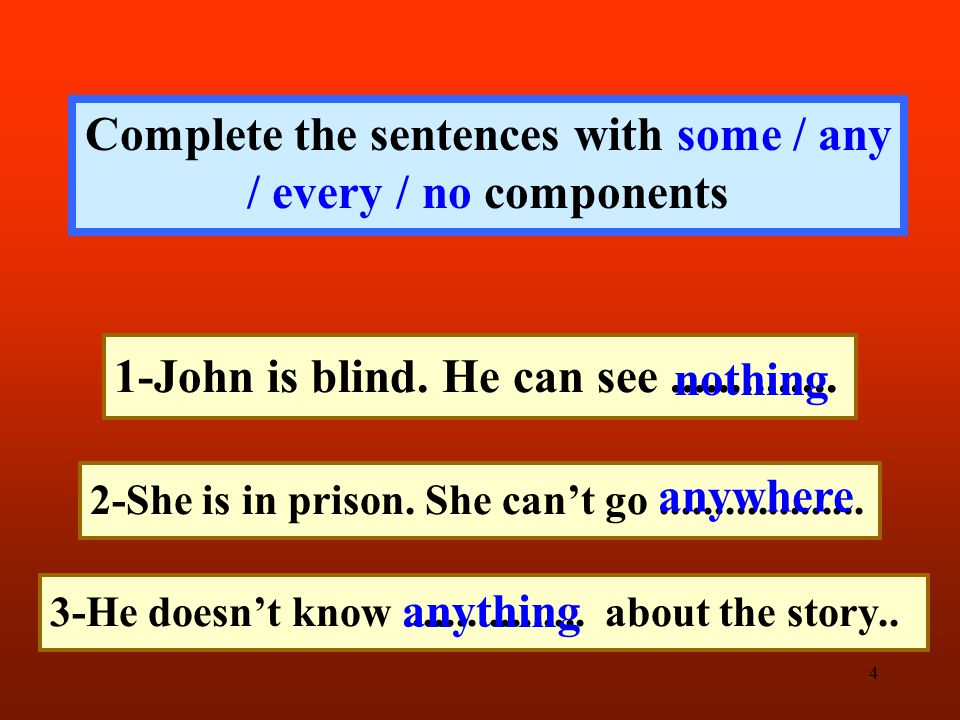
- How does that ring fit?
- My two friends are soldiers.
- Did you enjoy the meal?
- When do you expect them?
- I value my good health.
- That was an exciting game.
- I want to lie under the tree
- The music is too loud.
- He is a good observer.
- You made the right guess!
- They will help each other.
- What is your phone number?
- This place has nice carpets.
- I had three cookies today.
- That line is perfectly straight.
- I don't eat between meals.
- It has happened several times.
- Remember to bring your coat.
- I already knew about that.
- Do you own this house?
- I started school in September.
- My mother made me breakfast.
- Who turned out the light?
- English is my first language.
- Scientists work in laboratories.
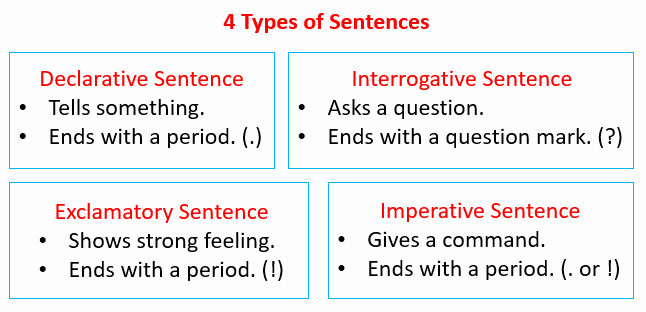
- We became very good friends.
- That is a powerful machine!
- What's wrong with this sentence?
- Look at that chemical solution.
- I like everything except onions.
- I wasn't sure what to say.
- Farmers are very special people.
- There are friends among us.
- I'll have this one instead.
- That's a nice computer system.
- Did you understand that question?
- Sit on the floor, please!
- The ocean is very beautiful.
- That dress is very expensive.
- I brought him a present.
- What language do you speak?
- I work for the government.
- Have you finished your exercise?
- That was wonderful news, congratulations.
- I like reading very much.
- I understand the lesson now.
- Ask him what he wants.
- People love to give advice.

- Gold is a valuable metal.
- What is your favourite game?
- They couldn't see anybody.
- He is angry with me.
- How are you feeling today?
- Look! Two boys are fighting.
- John is a friend of mine.
- He lent me his car.
- Have you seen young Thomson recently?
- Butter is made from milk.
- That woman has beautiful hair.
- Tell him to go home.
- The Swiss live in Switzerland.
- Our school is in Church Street.
- This morning I went shopping.
- They believed what you said.
- This is Hammingway’s last novel.
- I think I am right.
- I wish I were rich.
- He always tells the truth.
- I wish I were pretty.
- He has luck at cards.
- My teacher lives at 54 Elm Street.
- Did you come by air?
- I know you are wrong.

- Jane entered the room very quietly.
- He asked me her name.
- Did you come by taxi?
- We were studying very hard.
- Who saw Peter kiss Mary?
- He worked here from 1970 to 1975.
- He finished reading the letter.
- It’s no use waiting.
- What are you waiting for?
- Most people like travelling abroad.
- It’s a map of England.
- It’s a church in Middleford.
- But what’s in the bottle?
- Ah yes, here it is…
- He is also very hungry.
- Arthur now has the menu.
- Any wine, sir? - No, thanks.
- She’s a very nice girl.
- I haven’t got any money.
- One omlette for you, sir.
- This is a marvelous meal.
- Sir! - Yes, what is it?
- Have you got any ice?
- That’s 2 pounds 25 altogether.
- Where are Kate and Mary?
- But here is Bob’s bus.

- Mrs Hancock is probably asleep.
- No, she’s asleep or deaf.
- What’s the meaning of this?
- I haven’t got my key.
- I have a room here.
- He isn’t happy; he’s miserable.
- What’s she doing this afternoon?
- They’re driving into the country.
- Arthur isn’t driving with Mary.
- She isn’t sitting with Bruce.
- They’re swimming in the sea.
- Yes, it’s a lovely day.
- Happy days, Arthur and Mary.
- Oh, Arthur, you are sweet.
- She’s unconscious but she’s breathing.
- Oh, it’s nothing at all.
- Look, she’s opening her eyes.
- Oh, Arthur, you’re so brave.
- I’ve got a wonderful boyfriend.
- Arthur is in the library.
- Are you sure he’s there?
- I’m going to see him.
- Silence in the library, children!
- These three rooms are upstairs.
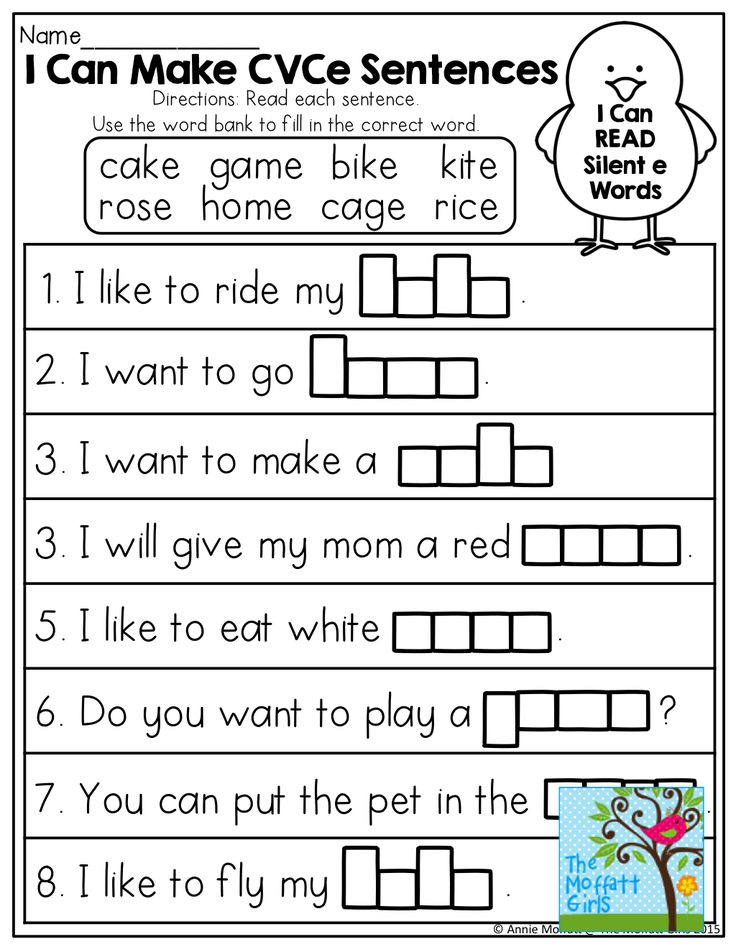
- It is now nine o’clock.
- Now it’s five past nine.
- He is wearing his pyjamas.
- It’s nearly ten to ten.
- You aren’t wearing a tie.
- Mr Shaw mustn’t see you.
- He can’t see us now.
- I haven’t got a headache.
- Now, what must I do?
- I must find a shop.
- He is late, isn’t he?
- Give me the phone, please.
- A single to London, please.
- Our train is platform four.
- You must change at Reading.
- Don’t leave your change here!
- Oh, sorry. Thanks a lot.
- All these chairs are free.
- This is my friend, Sue.
- My father's the doctor there.
- It's my sister's birthday tomorrow.
- I haven't got any brothers.
- We must have some tea.
- Oh, look, it’s a necklace.
- My landlady cooks awful meals.
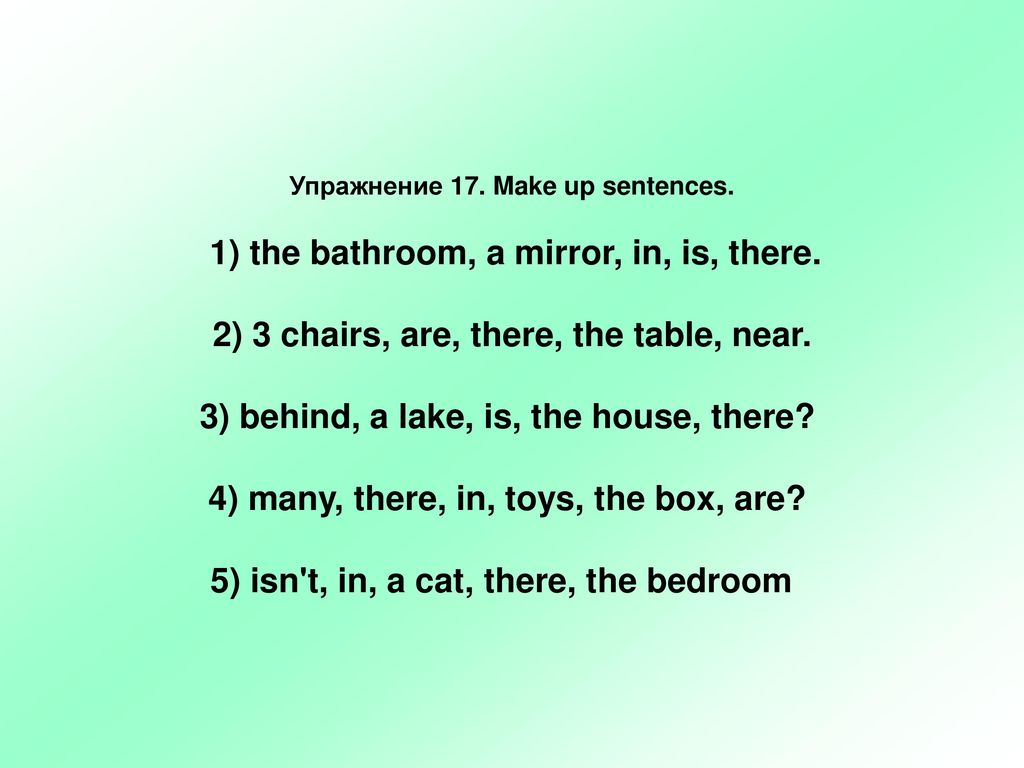
- My mother’s a good cook.
- Who are you talking to?
- Where do you come from?
- Arthur, say thank to Sheila.
- That’s nice of you, Sheila.
- What’s their name?- It’s Dawson.
- I think I know them.
- They must have a doctor.
- Mrs Newton is with him.
- It’s somebody for you, Jack.
- Is it a bad accident?
- Is my son, Arthur, here?
- No, I don’t think so.
- Yes, your legs are OK.
- Thanks for the lovely party.
- It’s bad news about Bruce.
- You can have my seat.
- Haven’t you done them yet?
- Well, I haven’t had time.
- It’s pay-day and Arthur’s happy.
- The summer weather is good.
- It is pay-day, isn’t it?
- Saturday, the twenty-nineth of June.
- What do you think, Michael?
- Are you comig with us?
- Yes, that’s a good idea.
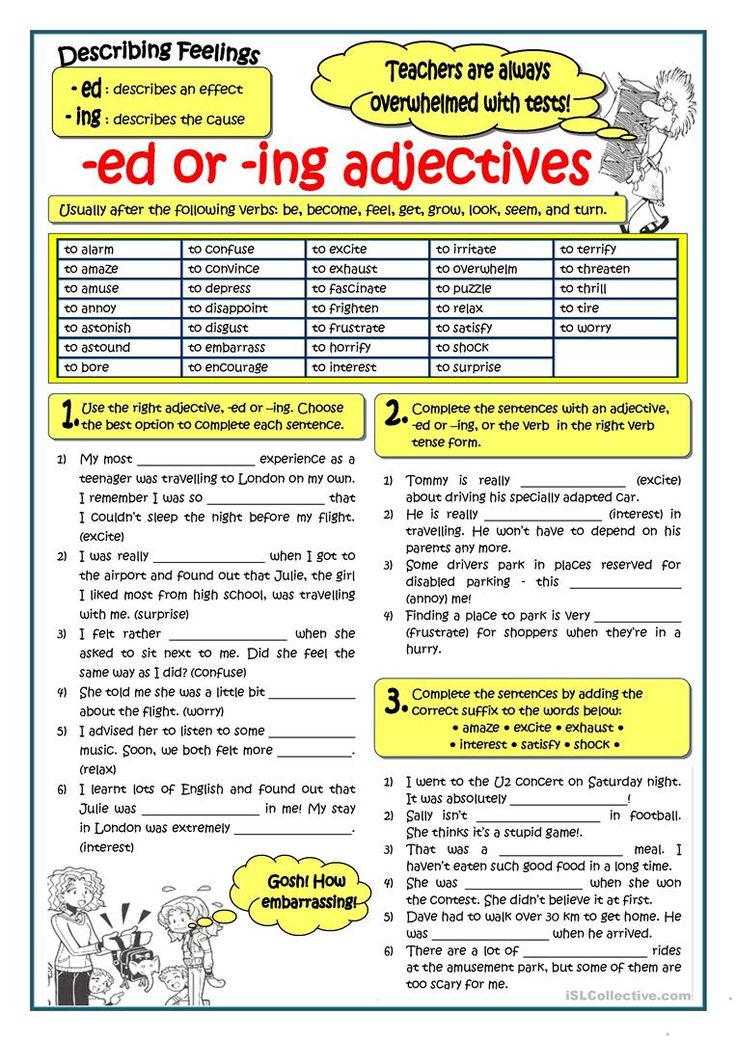
- Thanks for a lovely evening.
- Arthur was pleased about this.
- Usually he is too broke.
- Which way are we going?
- The seat’s quite wide enough.
- What are those sandwiches like?
- What about some wine, then?
- I’ve got enough here, thanks.
- Here, pass your glasses over.
- I’m not really warm enough.
- Is my hair completely white?
- Have you ever driven before?
- Well, are you ready, then?
- I think so, but …
- You mean on the steering-column.
- It was bright and shiny.
- Did Arthur learn to drive?
- Probably not, you may think.
- Come and have a look.
- What about this one instead?
- I may just have enough.
- Oh, er, well, I see.
- What else have you got?
- It looks a bit scruffy.
- That petrol gauge doesn’t work.

- I’m a bit hungry, actually.
- What about having lunch first?
- Where’s the car? It’s gone.
- I don’t think she heard.
- Do you hear that, Sheila?
- I haven’t got any money.
- We haven’t got much time.
- It’s right at the back.
- She’s just passing Bright Thursday.
- Don’t talk so loud then.
- Oh, they’re coming out now.
- What are they doing now?
- That means Fred’s in trouble.
- What did you say, mate?
- It was a deliberate foul.
- Good, that’s another score draw.
- Shut up a minute, Mary.
- God, that’s six so far!
- To hell with Mr Steele.
- Turn that off at once!
- That’s it! I’ve got it!
- Mr Steele is absolutely furious.
- Oh, Mary, don’t you see?
- What’s this in my pocket?
- I forgot to post it.

- I have an orange envelope.
- This is my first name.
- I have a good job.
- English is a nice language.
- I live in this town.
- This is a good magazine.
- I want coffee or tea.
- This is a big book.
- I have a small cup.
- I want a ham sandwich.
- I drink a hot coffee.
- My aunt lives in France.
- To learn English is easy.
- I have a nice home.
- To drink milk is good.
- This is a nice town.
- I have a cheap flat.
- I have two nice nieces.
- My nephew has three phones.
- I have a cheese sandwich.
- I have a big family.
- My holiday is twenty-eight days.
- Calculator is a difficult word.
- We will arrive at five.
- I’m cold becuase it’s cold.
- I like bread and butter.
- I’d like a new car.

- I didn’t catch the ball.
- I’ve got some good films.
- A plane is flying there.
- The journey home is long.
- I need a car mechanic.
- What do you like playing?
- Taxi drivers work a lot.
- He teaches me at weekends.
- I like walking at night.
- Autumn is windy and cloudy.
- I’ve got a comfortable bed.
- Do you have a computer?
- Do you like doing crosswords?
- My favourite day is Wednesday.
- When do you get flowers?
- I should have a hobby
- Have you ever been interviewed?
- How long will it be?
- I don’t live near here.
- Do you do this often?
- It’s raining and I’m wet.
- Will these cupboards be good?
- We’ll never need a dishwasher.
- Can you smell fire, too?
- My father looks like Bartez.
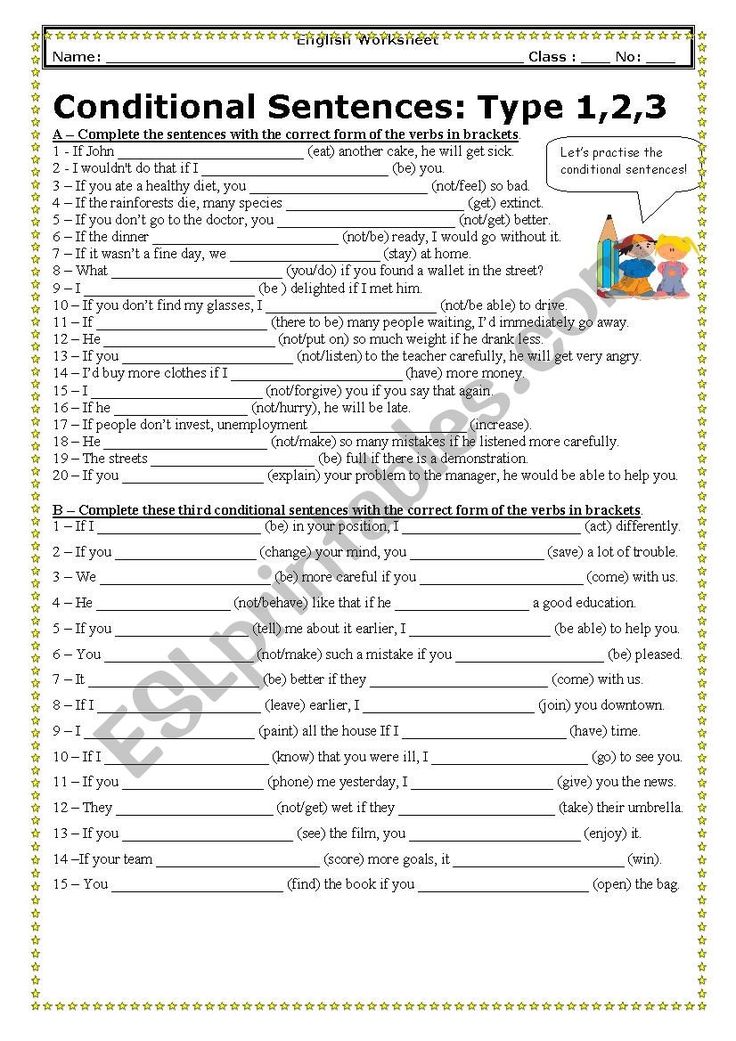
- My main meal is dinner.
- I’m working while she’s sleeping.
- I’d like a larger window.
- What have you done again?
- Where is the arrival hall?
- I must find baggage reclaim.
- I don’t like boring lessons.
- Did you like your lunch?
- Who is your favourite player?
- Have you ever been abroad?
- Can I borrow your umbrella?
- Do you have any change?
- M.C. is a great writer.
- That test was very hard.
- What do you hate most?
- We have to move soon.
- I gave presents to everybody.
- It will probably rain soon.
- Why don’t you remember it?
- I need this new software.
- Everybody wants to be successful.
- I have never been unemployed.
- Our video recorder needs cleaning.
Címkék: fordítás angol angol tananyag példamondatok fogalmazás szókincsfejlesztés
Language development in children 2-3 years
Vocabulary and language development in children at 2-3 years
At this age, your child’s vocabulary expands quickly – they might even learn new words each day. In general, your child understands more words than they can use.
In general, your child understands more words than they can use.
Your child will use a lot of nouns – for example, ‘baby’, ‘friend’ or ‘car’. You’ll hear other word types too, including:
- verbs – for example, ‘play’, ‘go’
- adjectives – for example, ‘wet’, ‘sore’
- pronouns – for example, ‘I’, ‘you’
- location words – for example, ‘in’, ‘on’.
Your child will start using words like ‘more’ and ‘most’, as well as words that make questions, like ‘who’, ‘what’ and ‘where’.
And your child will start to say ‘me’, ‘mine’ and ‘you’. By three years, you child will understand the difference between ‘mine’ and ‘yours’.
Sentences and grammar in language development
As part of language development, your child will begin to use two-word sentences at around two years. By age three, they’ll be able to use sentences with three or more words – for example, ‘Mummy get in car’ or ‘Me go too’.
You’ll start to hear grammar and more structured sentences.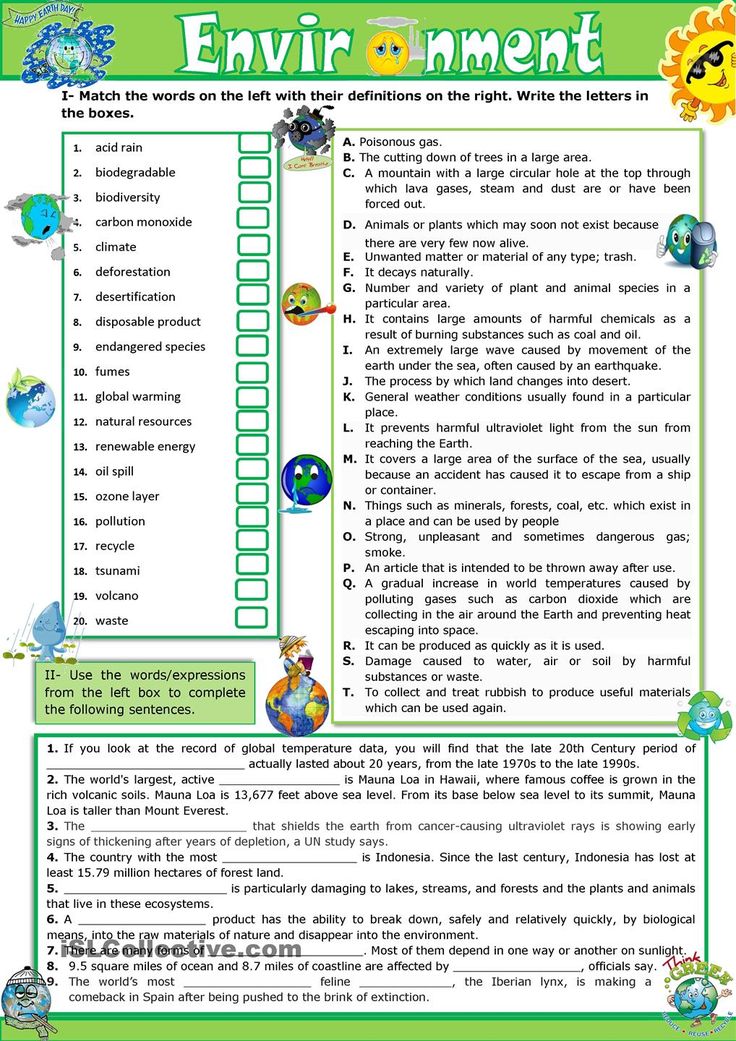 For example, instead of ‘I go’, your child might say ‘I’m going’. You’ll also hear your child use the past tense – for example, ‘walked’, ‘jumped’. And they’ll start using plurals like ‘cats’ or ‘horses’.
For example, instead of ‘I go’, your child might say ‘I’m going’. You’ll also hear your child use the past tense – for example, ‘walked’, ‘jumped’. And they’ll start using plurals like ‘cats’ or ‘horses’.
Your child might not always get it right when they use plurals and past tense. For example, your child might say ‘foots’ for ‘feet’, or ‘goed’ instead of ‘went’.
Understanding and language development
Language development includes your child understanding more of what’s said to them and how it’s said. Your child will understand a lot more than they can say.
Your child will understand one-step and two-step instructions, as long as they’re about things they already know – for example, ‘Pick up your toys and put them in the box’. They might still find it hard to follow instructions about unfamiliar objects or tasks.
Your child will begin to answer questions from adults about ‘who’, ‘what’ and ‘where’, but they might not yet understand how to answer ‘why’ and ‘how’ questions.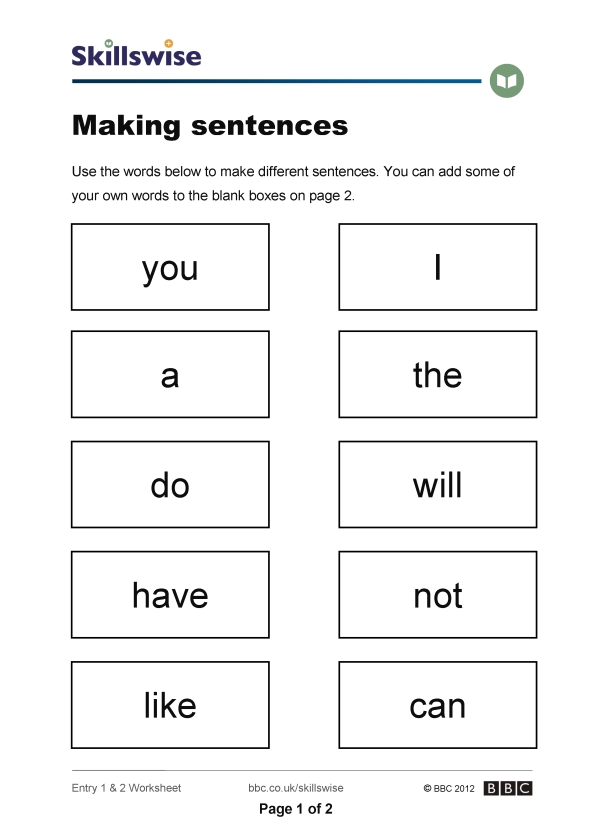
Your child can tell from the tone of your voice if you’re happy, affectionate or angry.
Pronunciation in language development
By three, your child will use most of the speech sounds in their words, but they might still pronounce words differently from adults. For example, even though your child can say the sounds ‘b’ and ‘l’, they might have trouble combining them together in ‘blue’. Some difficult sounds, like ‘z’, ‘sh’, ‘f’, ‘v’, ‘r’, and ‘th’, might still be hard for your child to say.
When your child is two years old, unfamiliar people can usually understand about half of what your child says. By the time your child is three years old, unfamiliar people can usually understand about three-quarters of what they’re saying.
Developing conversation skills
Your child will start to get the hang of speaking in turn, and might be able to have a short conversation with you.
Your child will talk about things that have happened during the day. With your help, they might be able to put together a simple story – for example, your toddler might say ‘I go shop’. You might respond, ‘And what did you do at the shop?’ They’ll reply ‘Buy bread’. By age three, they might be able to tell a simple ‘made-up’ story based on experiences they’ve had, but they’ll probably leave out a lot of detail.
With your help, they might be able to put together a simple story – for example, your toddler might say ‘I go shop’. You might respond, ‘And what did you do at the shop?’ They’ll reply ‘Buy bread’. By age three, they might be able to tell a simple ‘made-up’ story based on experiences they’ve had, but they’ll probably leave out a lot of detail.
Your child will talk about people and objects not present – for example, ‘Grandma at the shops’, ‘My ball in tree’.
And your child will start talking the same way you or other close adults talk. You might even hear your child say certain things the way you do.
At this age, your toddler might cry less than they used to when they can’t do something or feel frustrated. That’s because your child can use their words to explain the problem and ask for help.
Play and language development
Your child will be able to play and talk by age three. For example, they might give voices to the toys they’re playing with. They’ll also begin to play in groups with other children, sharing toys and taking turns.
You might hear your child playing with language through rhyming, singing and listening to stories. They’ll also talk to themselves and might use a very loud or soft voice when speaking.
Growing up in a bilingual or multilingual family doesn’t affect how early or quickly children learn to use language. Sometimes multilingual or bilingual children mix their languages for a while, but this stops once they understand that they’re using more than one language.
When to get help for language development
If you notice any of the following signs in your child, or you’re worried about your child’s language development, it’s a very good idea to see your child and family health nurse, GP or paediatrician.
Your child:
- isn’t using words to communicate
- is often hard to understand when they’re talking to you, family or friends
- has stopped using a language skill they once had.
Your health professional might refer you to a speech pathologist.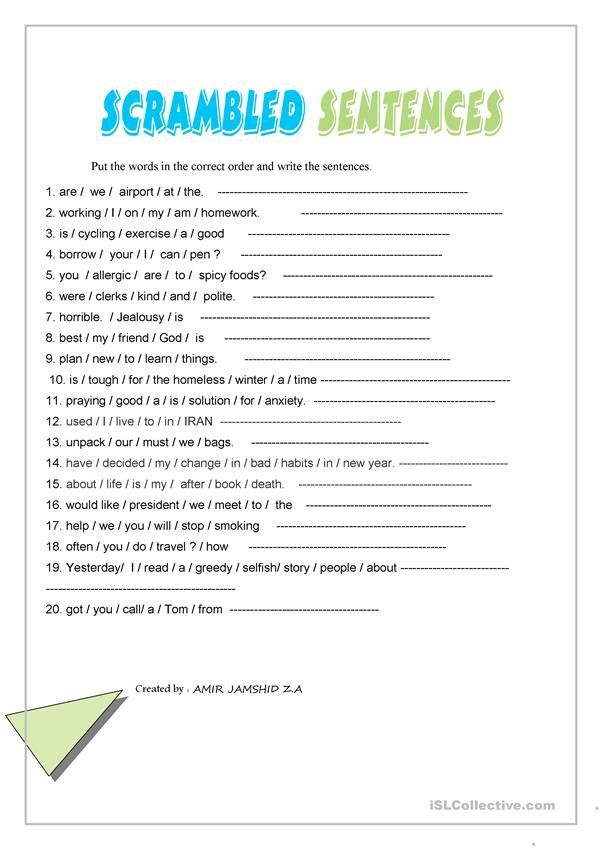
Children learn new skills over time and at different ages. Most children develop skills in the same order, and each new skill they learn builds on the last. Small differences in when children develop skills are usually nothing to worry about.
Sentences in Past Simple
Past Indefinite (Simple) is translated into Russian as the past indefinite (simple) tense. Past Simple is usually used to express actions that were performed in the past and have no connection with the present time period. This tense has its own temporary indicators that help us determine what is in front of us Past Simple. These include:
- yesterday - yesterday
- last Monday / week / month / year - last Monday / last week / last month / year
- a minute / hour / day / week / month / year ago - minute / hour / day / week / month / year ago
- in 2012 - in 2012
- on the 12th of March
- that Tuesday / day / night / evening / week / month / year - that Tuesday / day / that night / that evening / that week / that month / that year
in Past Simple, these markers are either at the beginning of the sentence or at the very end. Yesterday we went to the zoo. We went to the zoo yesterday. We had a big party last Saturday. We had a big party last Saturday. 
In Past Simple you can build affirmative, negative and interrogative sentences. These proposals are formed as follows.
I. Formation of affirmative sentences.
The order of words in English is fixed, therefore, in order to build an affirmative sentence, we put the subject in the first place, followed by the predicate (II form of the verb), in the third place there will be secondary members of the sentence. The II form of the verb is the same for all persons.
John went to the park with his friend. John went to the park with his friend. The dog played with its ball. The dog was playing with his ball.
When constructing sentences in the Past Simple, remember that there are two categories of verbs in English: regular and irregular. The correct ones are those verbs whose II and III forms are formed with the ending -ed. For irregular verbs, II and III forms are formed differently: the form of the word may change completely (go - went - gone - go), for some verbs all three forms may coincide (put - put-put - put), while others may coincide I and III forms (become - became - become - become) and so on. In any case, irregular verbs should be remembered.
For irregular verbs, II and III forms are formed differently: the form of the word may change completely (go - went - gone - go), for some verbs all three forms may coincide (put - put-put - put), while others may coincide I and III forms (become - became - become - become) and so on. In any case, irregular verbs should be remembered.
For regular verbs, as mentioned above, the affirmative form is a verb in the II form, that is, it is formed by adding the ending -ed. In English, there are rules for attaching and pronouncing this ending.
Rules for adding the ending -ed:
- If the verb ends in -e, then only the ending -d is added:
skate - skated (skating)
free - freed (free) - In all other cases, you must add the ending -ed:
stay – stayed (stay)
talk - talked (talk, chat) - The final consonant is doubled if it is one and if it comes after a short and stressed vowel:
nod - nodded (nod)
stop - stopped (stop(s)
stir - stirred (stir)
permit - permitted (allow)
refer - referred (refer)
compel - compelled (force) - The final consonant -l is doubled even when it comes after an unstressed vowel (British English):
travel - travelled (to travel)
cancel - cancelled (cancel) - Some verbs ending in the voiceless consonant -p also doubling:
kidnap - kidnapped (to kidnap)
handicap - handicapped (obstruct)
worship - worshipped (worship) - If the verb ends in -y and is preceded by a consonant, change -y to -i and add -ed:
cry - cried (cry, scream)
reply - replied (answer)
Pronunciation rules for the ending –ed.
The –ed ending has three pronunciations:
- [id] - If the verb ends with consonants [d] or [t]:
skate - skated (skating)
chat - chatted (to chat)
decide - decided (decide)
end - ended (end (sya) - [d] - If the verb ends in a voiced consonant, except for [d]:
live - lived (live)
travel - travelled (travel)
change - changed (change) - [t] - If the consonant ends in a voiceless consonant other than [t]:
talk - talked (talk)
stop - stopped (stop(s)
wish - wished (wish)
place - placed (place)
Negative and interrogative sentences in the Past Simple are formed with the help of an auxiliary verb.
II. Formation of negative sentences in Past Simple.
Negative sentences in the Past Simple are formed using the auxiliary verb did and the negative particle not. The semantic verb will be in the form of an infinitive without to. The word order in negative sentences is as follows: 1. Subject 2. Auxiliary verb with a negative particle 3. Semantic verb in the infinitive form 4. Secondary members of the sentence.
The word order in negative sentences is as follows: 1. Subject 2. Auxiliary verb with a negative particle 3. Semantic verb in the infinitive form 4. Secondary members of the sentence.
In negative, as well as in affirmative sentences, Past Simple markers can be at the beginning or at the end of the sentence. On Monday John didn't go to school. John didn't go to school on Monday. Susan didn't call me last week. Susan didn't call me last week.
III. Formation of interrogative sentences in Past Simple.
There are five types of questions in English:
1. General Questions
2. Special Questions
3. Alternative Questions
4. Disjunctive Questions
5. Questions to the subject (Subject Questions)
1. General Questions
This type of questions, which is also called Yes - No question, involves confirming or refuting the content of the statement. That is, the question can be answered with a short “yes” or “no”.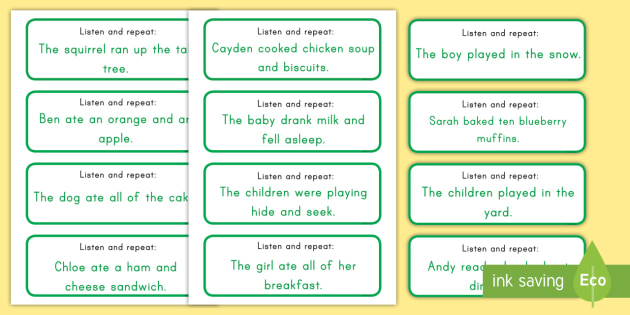
The order of words in this type of questions is as follows: 1. auxiliary verb 2. subject 3. semantic verb 4. minor members of the sentence.
Did Mary go to London last month? Yes, she did. Did Mary go to London last year? - Yes.
Special Questions in Past Simple
A special question is a question for a specific member of the sentence. In this case, the interrogative word replaces the part of the sentence to which the question is posed. This type of question is also called a Wh-question. The answer to this question must be complete.
Question words include:
what? - what?
who? - who?
when? - when?
where? - where?
why? - why?
which? - which the?
whose? - whose?
The word order in such questions is as follows: 1. interrogative word 2. auxiliary verb 3. subject 4. semantic verb 5. minor members of the sentence. Examples of special questions in Past Simple:
What did you do last night? - What did you do last night? Why did you go to England? Why did you go to England?
Interrogative sentences with the words which, whose and (sometimes) what will be built a little differently.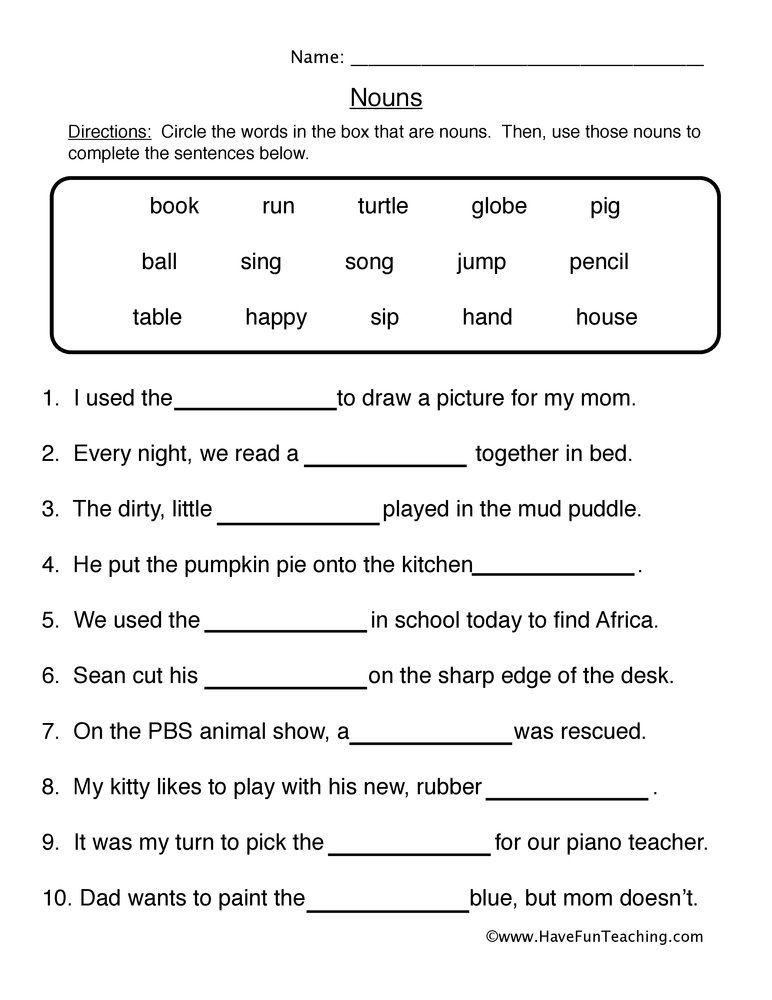 The interrogative word will come first, then the object, then the auxiliary verb, the subject and the main verb:
The interrogative word will come first, then the object, then the auxiliary verb, the subject and the main verb:
Which city did you live in when you were a child? What city did you live in when you were little? What music did you like when you were 15 years old? What music did you listen to when you were 15? Whose song did you listen to yesterday? – Whose song did you listen to yesterday?
3. Alternative Questions
An alternative question in the Past Simple involves choosing between two options, offering one of the possible answers.
There are three options for constructing sentences in Past Simple with alternative questions:
1. Alternative questions ending in …or not? - … or not? , (may express impatience or irritation)
Did you call him or not? Did you call him or not?
2. Alternative questions constructed using a general or special question.
Did you work as a translator or an interpreter? – Did you work as a translator or interpreter? (1st general question + or + 2nd general question in abbreviated form)
Which one was your article: this one or that one? - Which article was yours: this one or that one? (Special question + homogeneous members connected by or)
3. An abbreviated alternative question that can be heard in informal conversations.
An abbreviated alternative question that can be heard in informal conversations.
Coffee or tea? - Coffee or tea? (Obviously there are drinks to choose from).
As in the case of special questions, the answer to the alternative question must be complete.
4. Disjunctive Questions
A disjunctive question, as a rule, consists of two parts: expanded (narrative) and abbreviated (interrogative). The interrogative part is a short general question that consists of an auxiliary verb, a modal or linking verb, and a pronoun. It translates into Russian as "isn't it? is not it? after all?".
If in the narrative part of the disjunctive question:
· the verb is in the affirmative form, then in the second it will be in the negative, and vice versa.
She went shopping, didn't she? She went shopping, didn't she?
Indefinite pronouns anyone, everyone, someone are used, or negative pronouns no one, nobody, then in the interrogative part there is a personal pronoun of the 3rd person plural. they:
they:
Everyone knew about it, didn't they? Everyone knew about it, right?
negative pronouns nothing, none, or adverbs nowhere, hardly, hardly, never, rarely, seldom, then the verb in the interrogative part will be in the positive form:
He never went to that scary place, did he? He never went to that creepy place, did he?
5. Subject Questions
In English, questions about the subject can be asked using the interrogative words who and what. Generally, who is used with animate nouns and what with inanimate nouns. It should be noted that in questions to the subject in Past Simple, the direct word order is: 1. interrogative word as the subject 2. predicate 3. secondary members of the sentence:
Who read the book? - Who has read the book?
There is also a variant of constructing questions to the subject: 1. interrogative word 2. subject 3. predicate 4. definition:
Whose essay was the best? Whose essay was the best?
I would like to note the use of modal verbs in Past Simple as a separate point.
Modal verbs (Modal Verbs) - verbs that express not an action, but the attitude of the speaker to the action.
Modal verbs include:
can - could - be able, be able to
may - might - be able to
must - had to - must / must
should / ought to - something should be done
It is worth remembering that the modal verb may is used in the past tense only when coordinating tenses in indirect speech.
May I come in? (direct speech) - May I come in?
The student asked if he might come in (indirect speech) - The student asked if he could come in.
Otherwise, the second form of may is the construction to be allowed to.
Interrogative and negative sentences in Past Simple are formed with modal verbs without auxiliary verbs. The negative particle is attached to the verb itself.
I couldn't do the exercise on my own. I couldn't do the exercise myself.
Note that the past form of the modal verb must - had to - is also used with did in questions and negatives.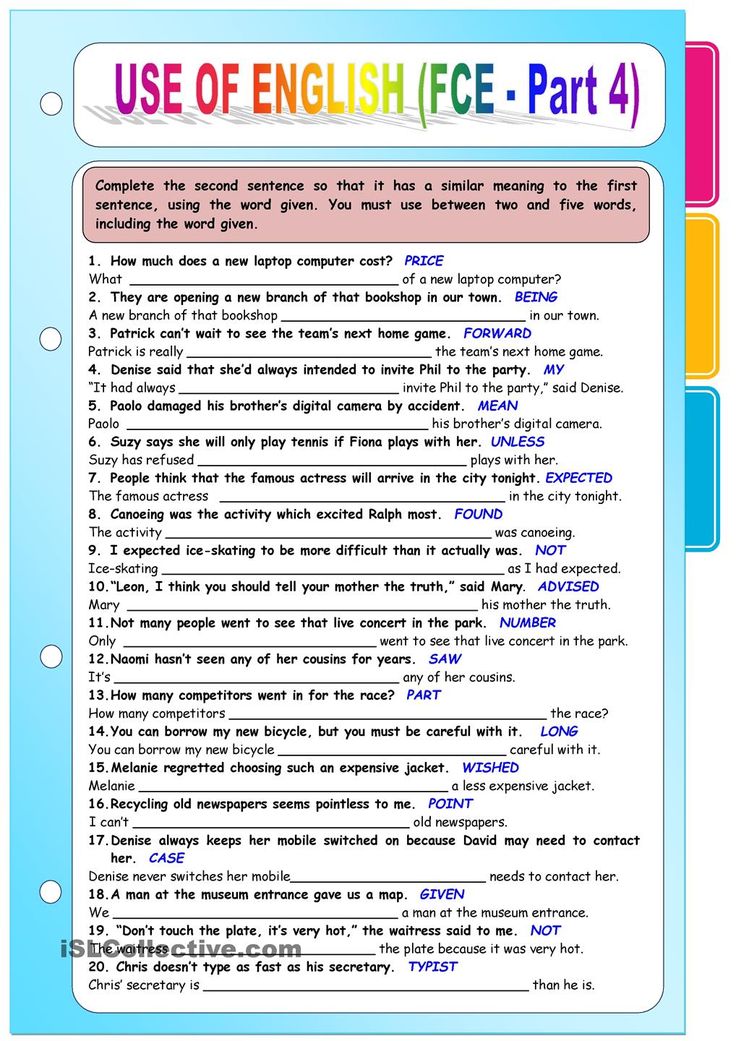
I didn't have to do the exercise on my own. I didn't have to do the exercise myself.
Simple sentences in English
WAR
All dictatorships create external enemies and repression to sit on the throne forever.
If you can't tell the truth from a clever lie, then think about laws, about freedom of speech, how often and where power has changed.
CNN News BBC News Telegram Wikipedia
Sentence - is a separate statement that has intonation and semantic completeness. A sentence is a word or group of words, organized according to the rules of grammar, that carries a specific message, question, exclamation, or call to action.
- It's raining. - It's raining.
- Go outside! - Get outside!
- What are you doing? - What are you doing?
Sentences of the English language, as in Russian, depending on how many grammatical bases (combinations of subject and predicate) in the sentence, are divided into simple and complex sentences.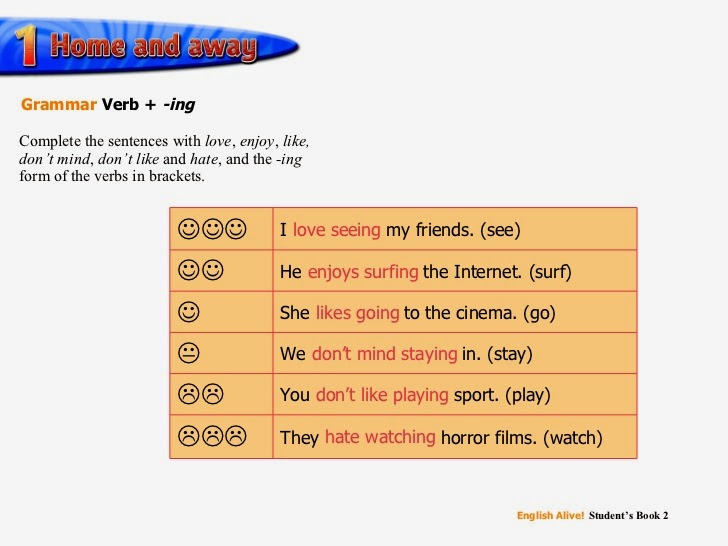
- Simple sentences
- There is my house. - This is my home.
- I have to go to the university. - I have to go to the university.
- Complex sentences
- There is the house where my family lives. This is the house where my family lives.
- I have to go to the university now but I will come back soon. I have to go to the university now, but I will be back soon.
Simple sentence (a simple sentence) is a sentence in which there is only one grammatical basis (one combination of subject and predicate).
- Kate likes dogs. Kate loves dogs.
- We go jogging every Sunday. We go jogging every Sunday.
- They didn't go to school last year. They didn't go to school last year.
Simple sentences according to the purpose of the utterance
All simple sentences , depending on the purpose of the utterance, can be narrative , interrogative , imperative , exclamatory .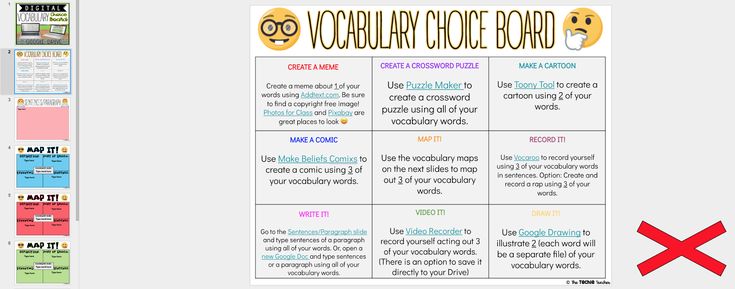
Narrative sentences
Declarative sentence (declarative sentence) - a sentence that communicates a certain fact or information in affirmative or negative form . The intonation of such a sentence is mainly descending, direct word order is used (subject before the predicate).
- My name is Paul. - My name is Paul.
- Kate is good at cooking. Kate cooks well.
- I don't like honey. - I don't like honey.
- George hasn't finished his work yet. George has not finished his work yet.
In English, as a rule, there can be only one negation in the sentence , in contrast to the Russian language, where there can be a double negation (using together the particles not, neither, and negative pronouns, adverbs, etc.) .
- I know nothing. - I do not know anything.
- I don't know anything.
 - I do not know anything.
- I do not know anything.
- We met no one yesterday. We didn't meet anyone yesterday.
- We didn't meet anyone yesterday. We didn't meet anyone yesterday.
Double negation in English can be used to further strengthen the negative, but this is not common.
- I ain't got no money. - I don't have any money.
- We don't need no education, we don't need no thought control. “We don't need any education, we don't need any thought control.
Interrogative sentences
Interrogative sentence (interrogative sentence) - a sentence that expresses a question. They are formed using indirect word order (predicate before the subject), as well as interrogative words. Interrogative sentences are discussed in detail in the article types of questions.
- Who is there? - Who's there?
- What are you doing now? - What are you doing now?
- Do you like learning English? – Do you like learning English?
Imperative sentences
Imperative sentence (imperative sentence) - a sentence that encourages the interlocutor to act, that is, it expresses an order, request, command, invitation, etc.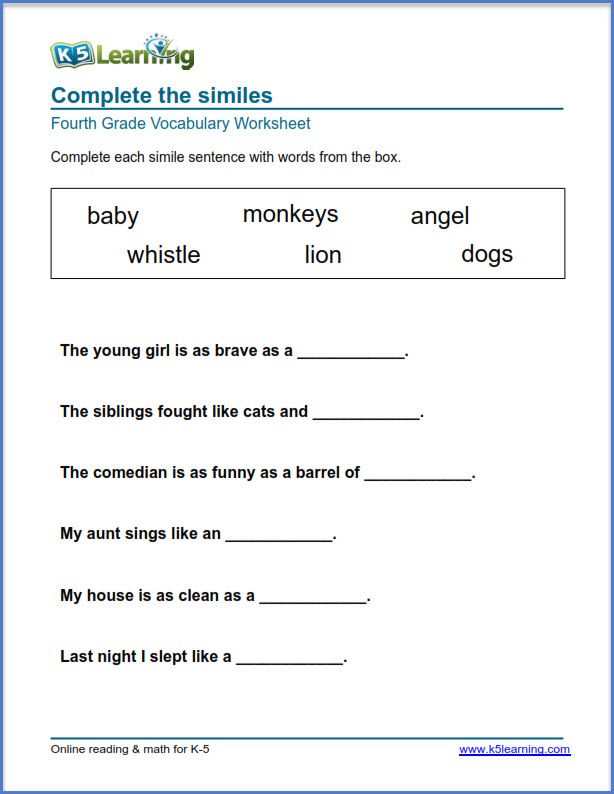 Such sentences often omit the subject you (you, you), as it is clear from the context, the verb is used only in the infinitive form without the particle to .
Such sentences often omit the subject you (you, you), as it is clear from the context, the verb is used only in the infinitive form without the particle to .
- Watch this! – Look at this!
- Listen to me. - Listen to me.
- Go and buy some bread, please. - Go buy some bread, please.
Sometimes in imperative sentences the pronoun you is not omitted in order to emphasize emotionally and strengthen an order or command.
- You sleep now. - You're going to bed now.
- We will rest and you drive. We will rest and you will drive the car.
- I will go to the shop and you stay at home. - I'm going to the store, and you stay at home.
In order to form a negative imperative sentence (prohibition or request), always use the auxiliary verb do in the negative form, even with verb to be .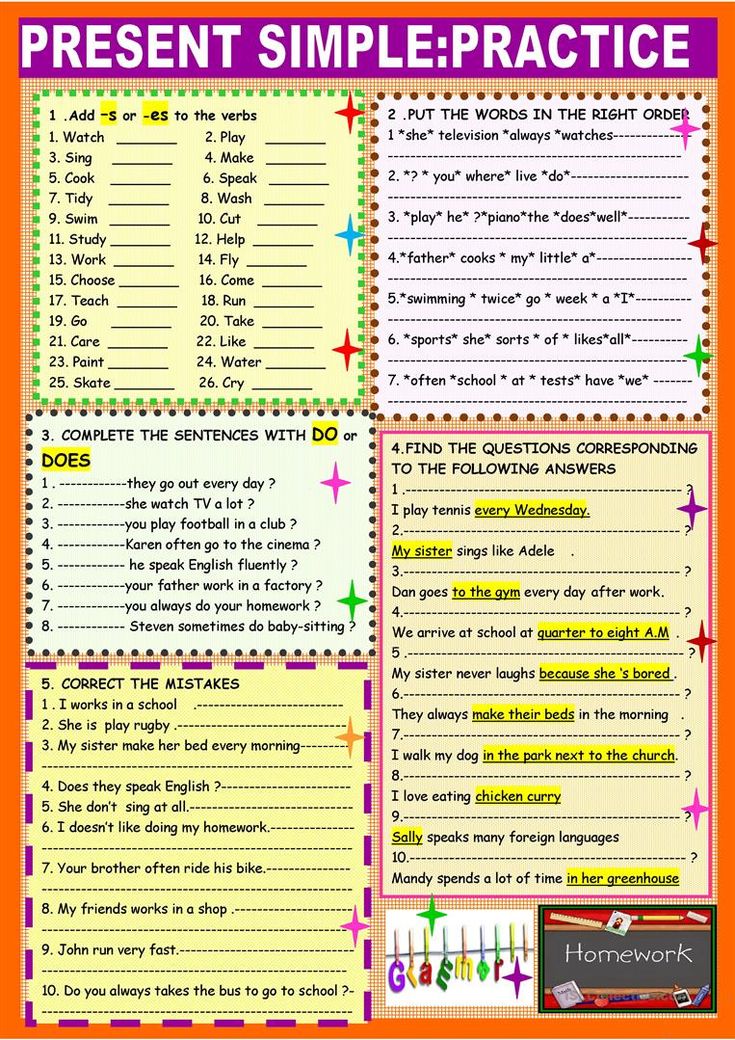
- Don't give me orders! - Don't order me!
- Don't touch it, please. - Don't touch it, please.
- Don't be so silly! - Don't be so stupid!
- Oh, come on, don't be mad. “Oh come on, don’t be mad.
The verb to let (allow) is used to form an order, a command directed at third parties. To let is also used to offer help or ask for permission.
- Let her go. - Let her go. (Let her go.)
- Let him do whatever he wants. Let him do whatever he wants.
- Let the children play with our dog. Let the children play with our dog.
- Let me help you. - Let me help you.
- Let us do this. - Let us do it.
Form let's (short for let us ) is used to suggest a joint action. In this sense, the full form let us is practically not used.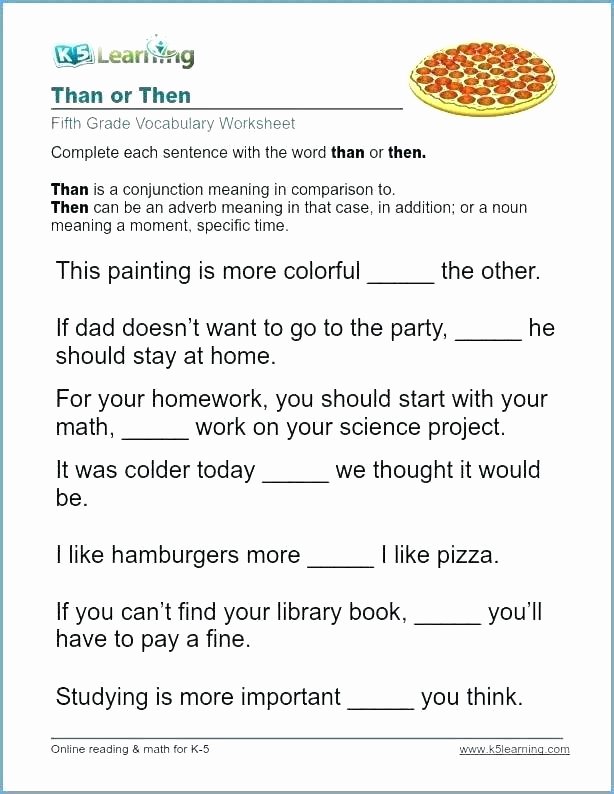
- Let's go for a walk! - Let's go for a walk!
- Let's play football outside. Let's play football outside.
- Let's invite Paul and Janice to the party. Let's invite Paul and Janice to the party.
Exclamatory sentences
Exclamatory sentence (exclamatory sentence) - a sentence expressing certain emotions or feelings. Often such sentences begin with the words what and how , and end with an exclamation point .
In exclamatory sentences only direct word order is used. However, often a sentence can only consist of one or two words.
- Marvelous! - Wonderful! (also with a hint of sarcasm)
- How wonderful! - How wonderful!
- It's such a beautiful life! - What a beautiful life!
- What a lovely day it is. - What a wonderful day today.

Types of simple sentences according to the structure
Simple sentences according to their structure (presence or absence of some members of the sentence) are divided into two-part and single-member , as well as uncommon and common .
Two-part sentence
Two-member sentence (two-part sentence) - a sentence in which there are both main members of the sentence (subject and predicate), or one of them is omitted, as it is clear from the context or the previous sentence.
- I don't like this book. - I don't like this book.
- We had a lot of fun in Brazil! Swimming in the ocean, drinking cocktails, dancing. We had a lot of fun in Brazil! We swam in the ocean, drank cocktails, danced.
Two-part sentences , in turn, are divided into complete and incomplete. Complete sentence (complete sentence) - a two-part sentence in which there is both a subject and a predicate.
Complete sentence (complete sentence) - a two-part sentence in which there is both a subject and a predicate.
- The baby was smiling to us. The child smiled at us.
- We've bought a lot of candies for you. We bought you a lot of sweets.
- There was a big party at Caroline's place. Caroline had a big party.
Incomplete sentence Such sentences are often found in colloquial speech, dialogues.
- Who did that? Mark, of course. - Who did it? Of course Mark.
- What did he do? Nothing at all! - What did he do? Nothing at all!
- What were we doing? Just chilling and talking. – What did we do? They just relaxed and talked.
One-part offer
One-member sentence (one-member sentence) - a special type of sentence in which there is only one main member of the sentence, and it cannot be unambiguously defined as a noun or a predicate. Sometimes such sentences are called sentence-phrases .
Sometimes such sentences are called sentence-phrases .
One-part sentences can be expressed using a noun or an infinitive of a verb.
- To be or not to be? - To be or not to be?
- To stay here – alone, forgotten by everyone. – To stay here – alone, forgotten by everyone.
- Spring! Birds singing, the sun shining, flowers in blossom. - Spring! The birds are singing, the sun is shining, the flowers are blooming.
Uncommon and common offerings
Unextended sentence (non-extended sentence) - a sentence in which there are no secondary members of the sentence, but there is only grammatical basis . Uncommon can be both one-part and two-part sentences.
- Spring. - Spring.
- To live! - Live!
- Don't talk! - Do not talk!
- She is sleeping. - She is sleeping.

Learn more



